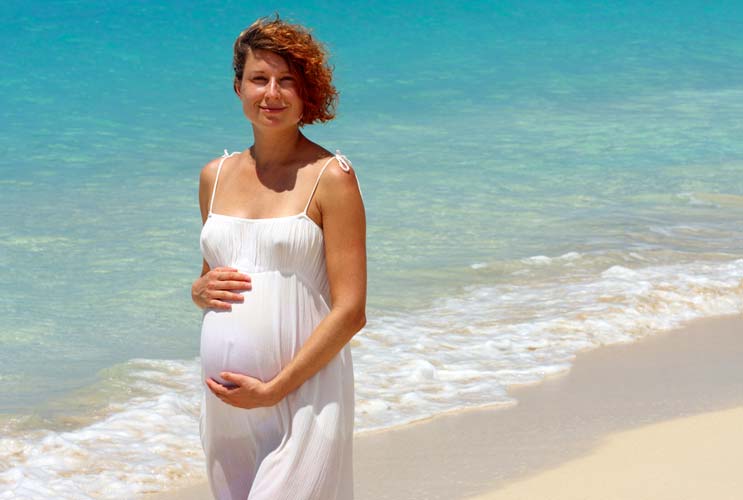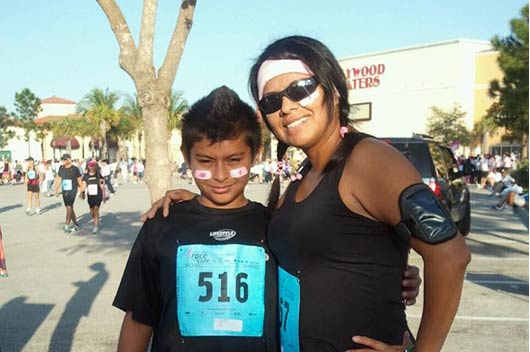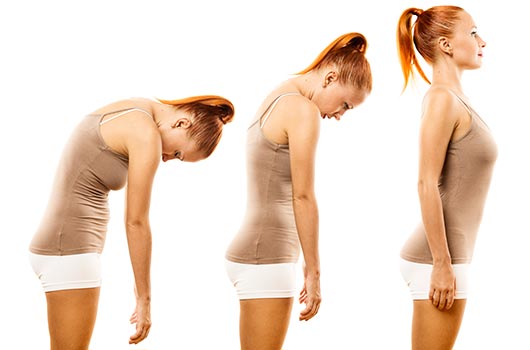
You’re a runner, we get it. You can’t get through the day without that endorphin high, we know. But what if you also happen to be grappling with fertility issues?
Weight plays an important part in fertility, but it is still unclear what role exercise plays. While the Department of Health and Human Services recommends at least 150 minutes a week of moderate aerobic activity (or 75 minutes a week of vigorous aerobic activity) as a general guideline for a healthy lifestyle, when it comes to fertility, there’s a delicate balance to consider. “The relationship between strenuous exercise and menstruation is frustratingly complicated”, says Steven T. Nakajima, MD, chief of the division of reproductive endocrinology and infertility at the University of Louisville School of Medicine, “because it’s hard to separate the workouts from factors like body weight, stress and energy levels.”
With that in mind, let’s have a look at some of the issues surrounding running and fertility.
1. Weight
Regular exercise is known to lead to better health, optimal weight, and reduced stress, which can aid fertility. Strenuous exercise, especially if you are underweight or normal weight—and especially with fast running or sprinting—can increase infertility because it might affect menstrual cycles and ovulation. If you are a runner, pay attention to your menstruation and talk to a doctor if you are not getting your period and trying to conceive.
Read Related: Stories of 7 Women Running to Feel Good











